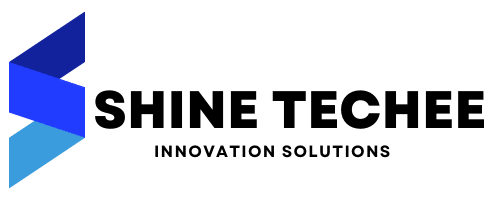SEO vs. PPC: Unveiling the Pros, Cons, and Differences
Introduction:
In the digital marketing landscape, two powerful strategies stand out when it comes to driving traffic and boosting online visibility: Search Engine Optimization (SEO) and Pay-Per-Click (PPC) advertising. Both approaches have their own set of advantages and drawbacks, and understanding the nuances is crucial for businesses aiming to maximize their online presence. In this blog post, we’ll delve into the pros, cons, and key differences between SEO and PPC.
SEO (Search Engine Optimization):
Pros:
1. Cost-Effective in the Long Run: While SEO may require upfront investments, the long-term benefits can outweigh the costs. Once your website ranks organically, you can enjoy a consistent flow of traffic without paying for each click.
2. Credibility and Trust: Organic search results are often perceived as more credible by users. Achieving high rankings signals to users that your website is authoritative and trustworthy, potentially leading to higher conversion rates.
3. Broader Reach: SEO helps your website appear in organic search results, ensuring visibility to a broader audience over time. It’s not limited to specific keywords, providing a more comprehensive online presence.
Cons:
1. Time-Consuming: SEO is a gradual process, and it may take weeks or even months to see tangible results. This can be a drawback for businesses looking for immediate traffic and results.
2. Algorithm Changes: Search engine algorithms are constantly evolving. Keeping up with these changes and adjusting your SEO strategy accordingly can be challenging.
3. Competition: High competition for certain keywords can make it difficult to achieve top rankings. It requires a strategic and persistent effort to outperform competitors.
PPC (Pay-Per-Click) Advertising:
Pros:
1. Instant Visibility: PPC ads appear at the top of search engine results pages (SERPs), providing instant visibility. This is particularly beneficial for new websites or time-sensitive promotions.
2. Control Over Targeting: PPC allows precise targeting, enabling you to reach specific demographics, locations, and even devices. This control can lead to more efficient ad spend.
3. Measurable Results: PPC platforms provide detailed analytics, allowing you to track impressions, clicks, conversions, and other metrics. This data helps in optimizing campaigns for better performance.
Cons:
1. Costs Can Accumulate Quickly: While PPC offers immediate results, the costs can add up rapidly, especially if the targeting is broad or competitive. Continuous monitoring and optimization are crucial to avoid overspending.
2. Dependence on Budget: The visibility of PPC ads is directly tied to your budget. Once your budget is exhausted, your ads will no longer appear, potentially resulting in a sudden drop in traffic.
3. Ad Blindness: Some users tend to ignore paid ads, focusing on organic results instead. This can limit the reach and effectiveness of PPC campaigns.
Differences between SEO and PPC:
1. Cost Structure: SEO is generally considered a long-term investment with upfront costs, while PPC operates on a pay-as-you-go model, charging per click.
2. Speed of Results: PPC provides instant results, whereas SEO takes time to build organic visibility.
3. Credibility: Organic search results from SEO are often perceived as more trustworthy, while PPC ads may be viewed with some skepticism.
Conclusion:
Both SEO and PPC play crucial roles in a comprehensive digital marketing strategy. The decision between the two depends on various factors, including business goals, budget, and the desired timeline for results. A well-balanced approach that integrates both strategies may provide the best of both worlds, ensuring a steady flow of organic traffic while leveraging the immediate impact of paid advertising.
